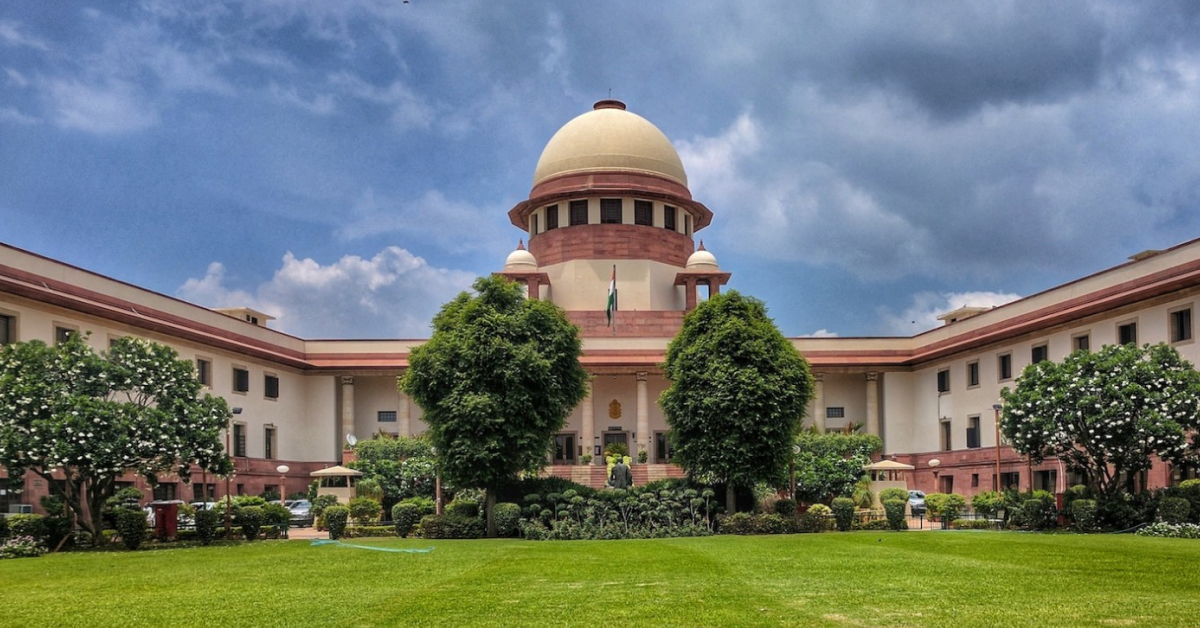Case Overview
The case involved R.K. Pandey, a Lab Assistant/Technician at the Dina Nath Parbati Bangla Infectious Disease Hospital, which was taken over by the Uttar Pradesh government in 1956. Following the takeover, Pandey’s employment was transferred to state service under the terms outlined in a 1961 transfer deed.
Pandey contested his superannuation age, claiming he should retire at 60 as per the original municipal rules rather than at 58, as stipulated under state government regulations. His representation was rejected, and a subsequent writ petition filed in 1997 remained unresolved until it was withdrawn in 2009.
Arbitration Controversy
In 2008, Pandey pursued arbitration proceedings based on an alleged 1957 arbitration agreement between the hospital administrator and the Uttar Pradesh government. The agreement’s authenticity was disputed, with no evidence of its existence in official records. Despite this, Pandey appointed two advocates as arbitrators, who issued ex parte awards in his favor:
- ₹26,42,116 with 18% interest per annum, awarded by Advocate Pawan Kumar Tewari on February 15, 2008.
- ₹20,00,000 with 9% interest per annum, awarded by Advocate Indivar Vajpayee on June 25, 2008.
The state government objected under Section 34 of the Arbitration and Conciliation Act, 1996, challenging the awards as being fraudulent and unsupported by a legitimate arbitration agreement.
Supreme Court's Findings
The Supreme Court highlighted several irregularities in the arbitration process:
- The alleged 1957 arbitration agreement was not mentioned in earlier litigation or official records.
- The arbitrators were unilaterally appointed by Pandey without court involvement.
- The awards were issued without proper jurisdiction or a valid arbitration agreement.
“The purported agreement dated 01.04.1957 is not signed, executed, or available on record, and its authenticity cannot be established,” the Court observed. Additionally, the trial court dismissed the state's objections as being barred by limitation. However, the Supreme Court intervened, stating that the awards were “null and void ab initio” due to fraud and procedural improprieties.
Significance of the Ruling
The judgment reinforces the principle that arbitration awards must be based on valid agreements and due process. It also serves as a warning against attempts to misuse arbitration mechanisms for personal gain.
The Supreme Court’s intervention prevents the enforcement of fraudulent awards, safeguarding the integrity of dispute resolution frameworks.
This case exemplifies the judiciary's role in upholding fairness and transparency in arbitration, ensuring that parties cannot exploit procedural loopholes to their advantage.
Read the full judgment here
Read The Judgment Here
keywords: supreme court ruling, arbitration awards, arbitration agreement, ex-parte awards, legal precedent, fraudulent arbitration, r.k. pandey case, privatecourt, adr, mediation

